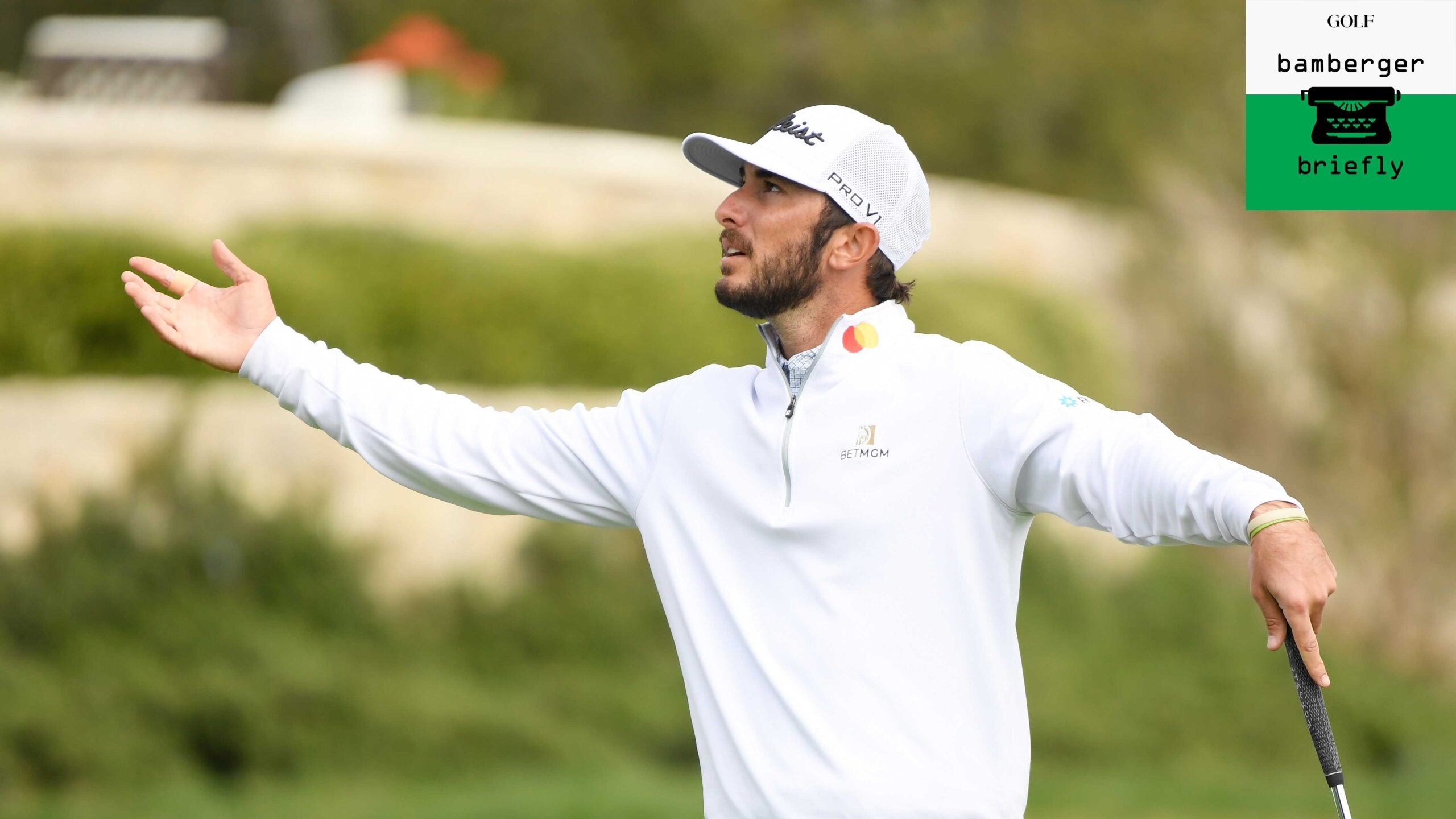
Max Homa on stage at the AT&T Pebble Beach Pro-Am earlier this month.
getty images
As Max Homa was playing to the house, and the CBS gang was talking about Riviera as a home game for him, I looked up the dude. Turns out, his father is an accomplished Los Angeles acting coach who counts among his pupils Kirsten Dunst, Brie Larson, Michelle Williams and some menfolk, too.
When his long day’s journey into near-night was over, Homa, your Genesis Open winner, was ushered into the grand Riviera clubhouse for a session with the scribes, some in person, others Microsofting their way in. I asked Homa, who is bearded and 30 and (only because it’s uncommon in his line of work) Jewish if he saw a connection between acting and golf.
“I don’t think there are very many parallels,” said Homa, who graduated from Cal in 2013, where he studied Consumer Behavior. “But being raised by a man who teaches is always good and helpful, I feel, for a kid. [My father] knows his strengths, when it comes to teaching. And the moment I asked him about the golf swing, when I was a kid, he sent me to a coach.”
The only other connection, between acting and golf, Homa said, is that “at times trying to act like I’m the best player in the world, when that may not be the literal case.”
Well, Sunday at Riviera he was.
A little while later, I sent an email to John Homa, posing the same question.
I also wrote to two actor friends who are deeply deeply afflicted with the golf bug. One is David Morse and the other is Rich Kind. David is about as thoughtful as anybody I have ever known. Here’s what he said:
“This may apply to elite golfers more than duffers like us, but it shouldn’t. When we are acting we are trying to be in a place of no thinking. Just being in the moment. Way easier said than done. But when we are there in the moment we are open to surprise and going with whatever we are given. We aren’t thinking about how to say our lines, or how to do what we are doing. We are just truthfully doing what we are doing as the character and living a fully alive experience. That’s what we strive for. It is life giving and life itself. It is thrilling.
“How do we get so we can have that freedom? Preparation. Lots of hard work. Internal work. Physical work. In the Meisner technique you do your emotional preparation and leave it at the door when you enter the scene. We do all the preparation so we don’t have to think about it when the time comes to be in front of an audience, or a camera and crew.
“When we watch golf on TV we often hear commentators talking about golfers being in their heads or looking mechanical. You know those golfers are not feeling great or in the moment. They are not feeling free like they would like to. They practice for hours and hours and hours. They rehearse their swings. They visualize shots before they hit them. They are trying to keep their minds from going to negative places. They have an internal life on the course, like actors have an internal life in their work. We visualize our world in rehearsals. We visualize our characters. We do it so when we step up to the tee, or walk through the door, we don’t have to think about our swing, or think about how we are going to act something. We just step up and let it go.”
Let it go! Words to live by. You may have to read David’s answer more than once, there’s so much there.
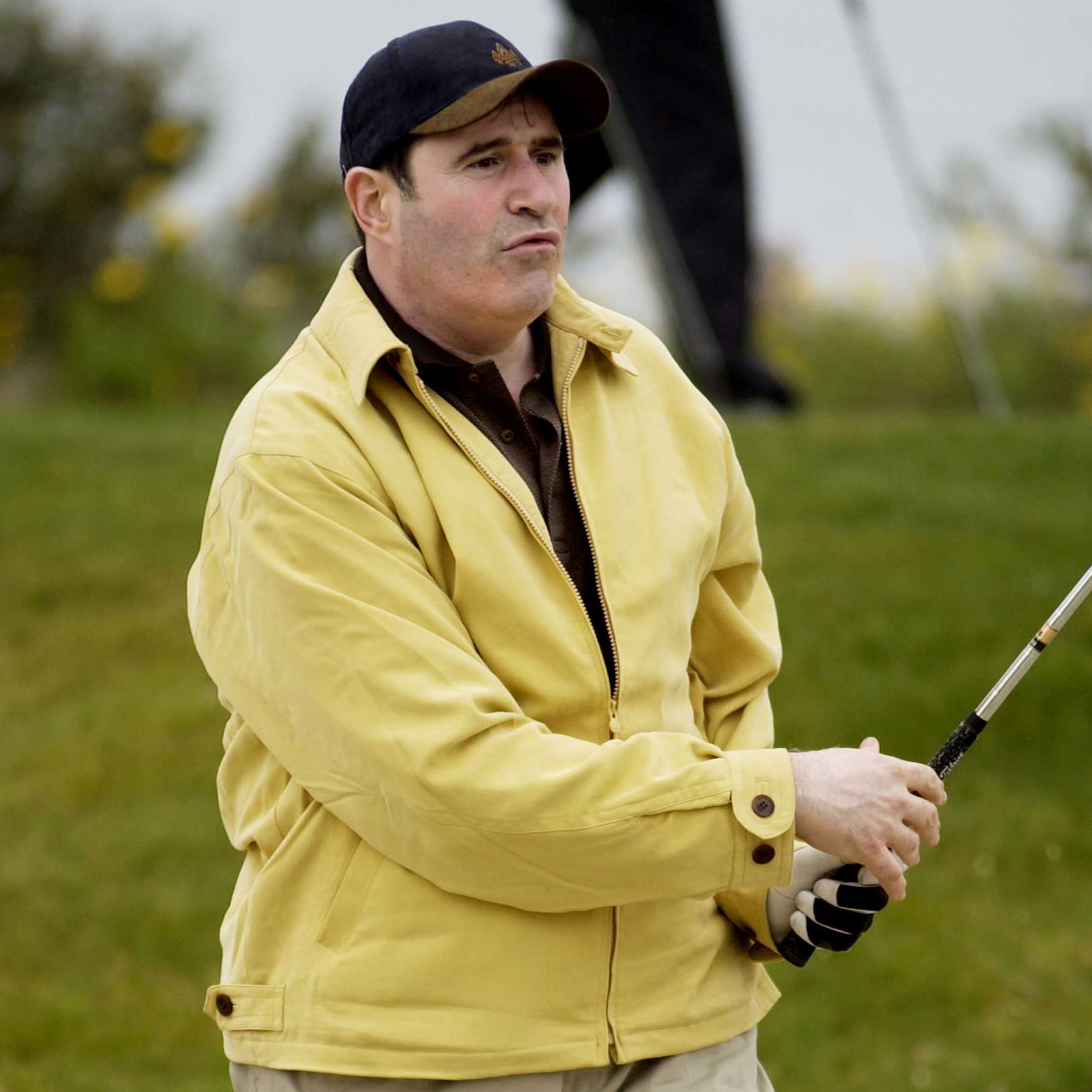
Richard Kind sees less crossover between golf and acting…
Getty Images
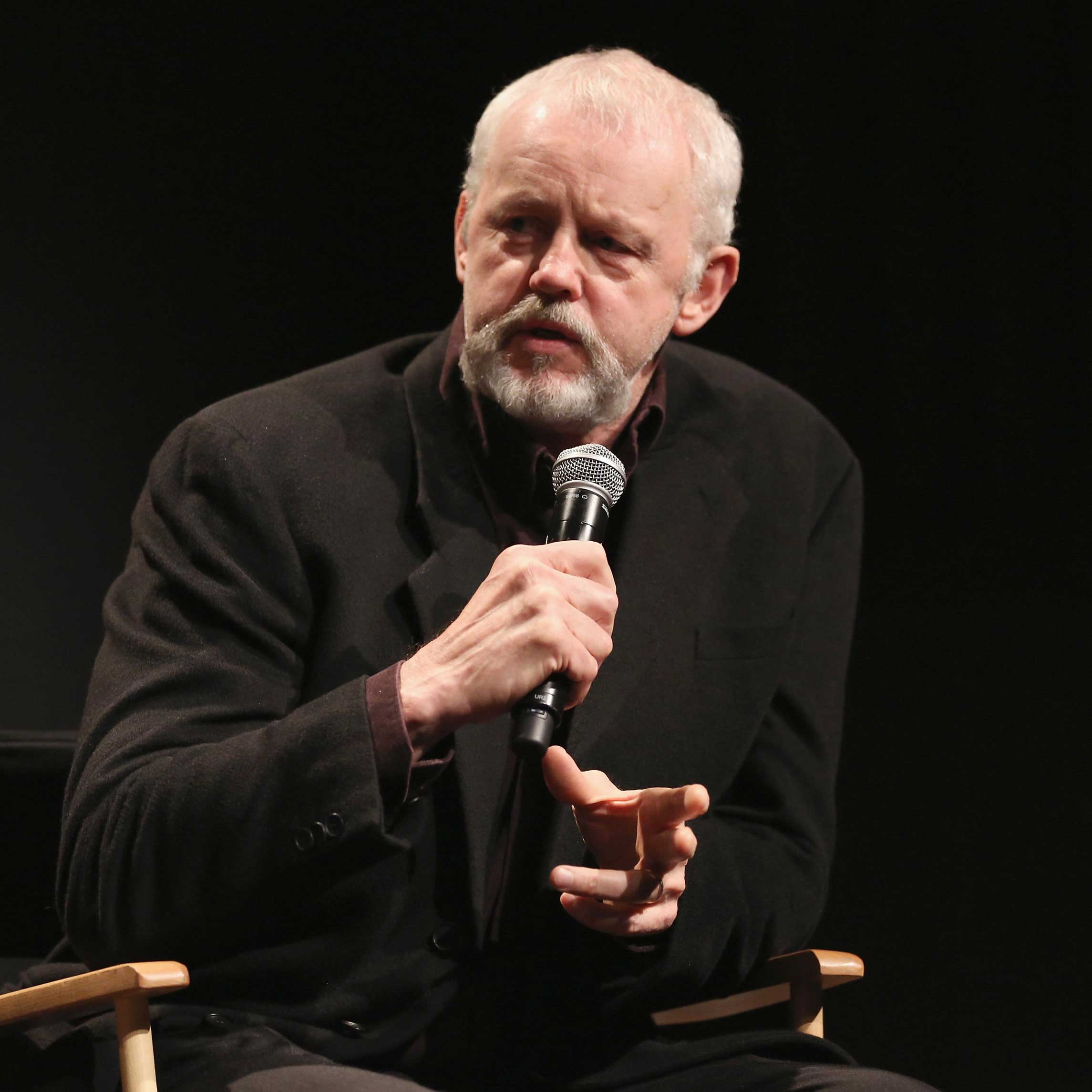
…than does his fellow golf-mad actor David Morse.
Getty Images
Here’s what Rich Kind said:
“I know you’d love a correlation, and David may disagree with me, but there is nothing about being an actor that intersects being a golfer.
“I have performed live at the Hollywood Bowl in front of 15,000 people, and I get more scared on the first tee with two foursomes waiting and watching.
“When you do a movie, there are 30 to 70 people behind the camera watching you be intimate. And yet, while you’re acting, THEY DON’T EXIST. In golf, I am not so free. It is not my comfort zone.
“The true champion has a talent in between the ears that tells him he is the best. When I step up to a golf ball, I’m praying it takes the shape and flight I’d like. That I can be the best ‘Richard Kind golfer’ I can be. But I know I’m not the best.
“I also don’t think an actor needs a good coach. A good director is a necessity. A golfer needs a good coach, as well as the natural talent to excel. The best golfers are elite in every way: eye-hand, [handling] pressure, strength. Etc. They’re in their comfort zone. Even when I am told, ‘Act like a golfer,’ I cannot. I had a friend who did golf imitations, who could mimic a swing. I’ve seen Tiger imitate Fred Couples’ swing. That’s acting.”
Peter Jacobsen is one of those people. He can imitate anybody’s swing. He also logged a lot of rounds with the late, great actor Jack Lemmon. I posed the same question to Peter, by email.
“I think the right now aspect of acting and golf are similar,” Peter said, writing back. “Although Jack used to say actors had it easier because they could do it again — unlimited takes! — where pro golfers don’t get do-overs, or even mulligans. We don’t have a director to say, ‘Let’s do that one again.’ In golf, you have one take.
“Jack once told me a story about shooting a movie outside and things hadn’t been running smoothly. The sun was setting and they had enough time for one last take. Jack said he sucked it up and nailed it. The director said, ‘That’s it.’ Jack said he felt better under the gun, with that pressure. That’s why he loved golf.
“The training actors get and the skill they have help them understand golf. Whether they’re good at it or not depends on their athletic skill.”
Jack Lemmon loved golf. He didn’t have much gift for it. Peter was in Tin Cup with Kevin Costner. Costner, training for the movie, became reasonably good reasonably quickly. Not because of his acting ability. Peter explained it in a more fundamental way: “Costner is a natural athlete.”
OK, here’s John. John Homa. He thinks there’s a great deal of connection between being an actor and being a golfer, starting with the opening bell. Golfers have tee times. The actors have call, or curtain. You have to do everything you can to be ready at both, John said. “I’ve seen actors come into the lot, hit the brakes, put out their cigarette and say, ‘I’m ready.’ They’re not ready. I’ve worked a lot with LeAnn Rimes. She would never start anything with doing a complete warmup. She knows what it means to be ready.” He said Max knows what it means to be ready.
I asked if he could predict what Max had said in response to my question about the relationship between acting and golf. He had not seen the post-tournament press conference.
“He probably said that he tries to act like he’s the best golfer in the world,” John said.
“That’s almost exactly what he said,” I said.
“Sometimes,” John said, “you gotta fake it ‘til you make it.”
He talked at length about how he coached actors going in for auditions. “I tell them, ‘Don’t walk in there with your hat in your hand, walk in there like you have the part.’”
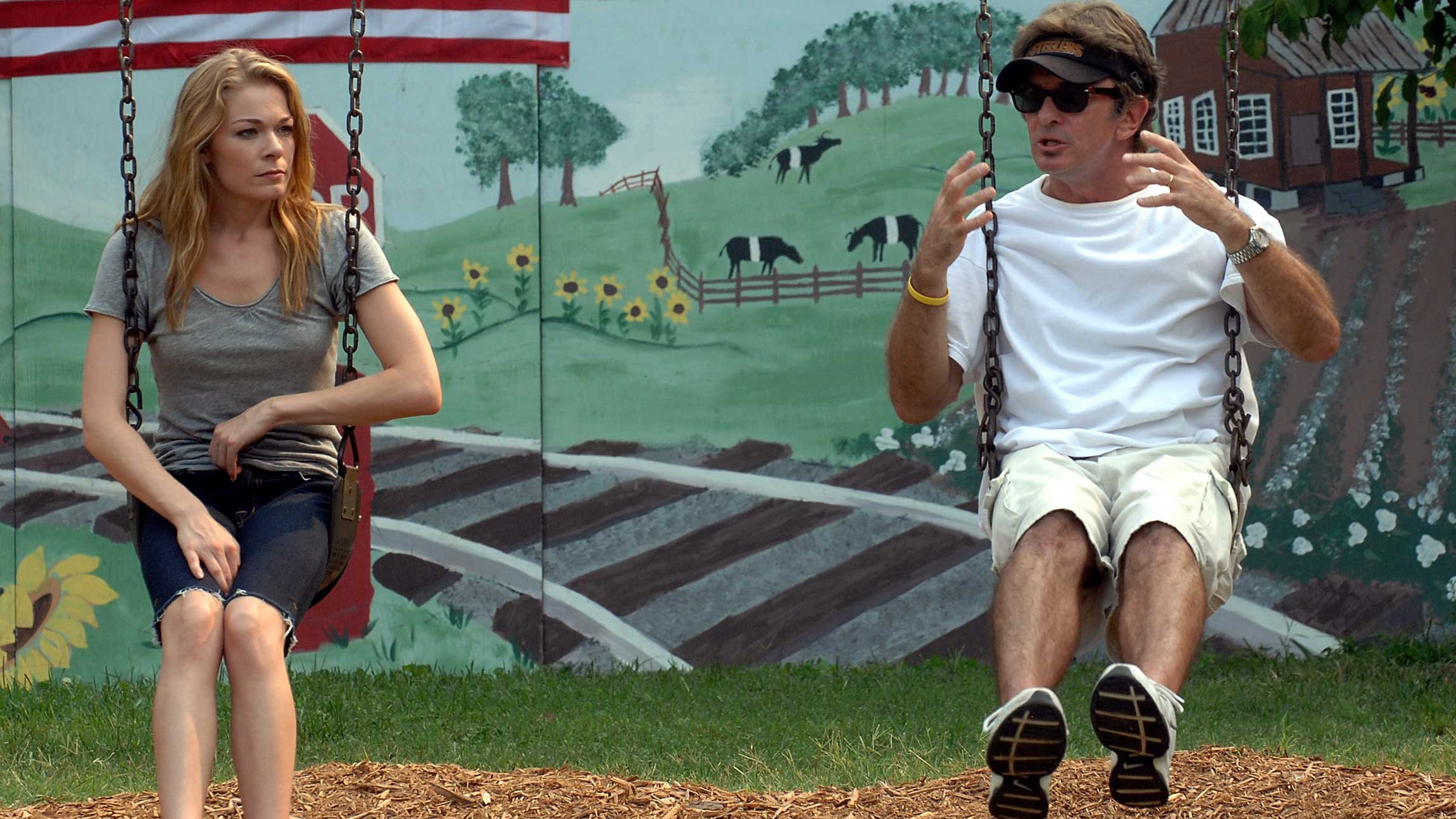
John Homa and LeAnn Rimes in 2007.
getty images
Homa first met David Morse, he said, 40 or so years ago, when they were both young actors in New York City. He coached an actor, Sarah Roemer, who had a lead role in Disturbia, as did David. Homa knows Rich Kind more from a distance. “Richard B. Kind,” Homa said. “His credits are longer than your leg.”
Rich plays at Lakeside, where Bing Crosby used to play and where Max Homa used to caddie. Rich’s father was a jeweler in Princeton, N.J. Max’s mother’s family, the Milsteins of Allentown, Pa., owned a floral business. You can draw a line from Allentown to Princeton. The line between Rich Kind and John Homa requires about two degrees of separation, if you’re doing the Kevin Bacon thing. Golf and acting both have a lot of that.
We touched about some odd, interesting comparisons. For instance: In the Riviera clubhouse, there are portraits of various legends who have won there including Ben Hogan, Tom Watson and Phil Mickelson; at the Shubert Theatre in New York, there are portraits of various legends who have worked there, including Katharine Hepburn and Frank Langella and Jeff Daniels. But John took this conversation far deeper.
“Stillness is so important to both the actor and the golfer,” he said. “Not still rigid. Not stiff. You’re still and you’re relaxed. In both things, you find freedom through structure.” He spoke of golfers who have committed to memory every point along the way in a full golf swing, but can’t actually play. He said there are actors who do the same thing, they memorize what they are supposed to say and what they are supposed to do. The question to such actors, John said was, “Did the audience believe you?” This is kind of stretch, but if you’re faking it in golf, the golf ball knows.
John says Tiger’s best work as an actor is when he’s selling a product he actually uses and believes in.
He said the golf coach and the acting coach perform the same role: “We’re the third eye.”
The father of the winner at Riviera doesn’t pretend to be his coach in any way. Just his father, his proud father. Every time our hour-long phone interview strayed from acting, it was because John wanted to talk about his son the golfer, his son the brother (Max has one sibling, a sister), his son the son.
We discussed the movie Annie Hall. Woody Allen plays a New York comedian and writer named Alvy Singer. Tony Roberts plays Alvy’s Los Angeles actor friend, Rob. But they call each other Max. It’s odd and funny.
Max Homa is funny, and a good writer. His full name is John Maxwell Homa. “His mother came up with Max,” John Homa said. “I don’t know where from but we always loved that name and always knew that’s what we would call him, just Max.”
He had a TV on behind him. It wasn’t Inside the Actors Studio on Ovation. It wasn’t Great Performances on PBS. It was a highlight reel from the tournament on local news.
“There’s Max,” the father said.
Michael Bamberger welcomes your comments at Michael.Bamberger@Golf.com
Latest In News
"Max" - Google News
February 23, 2021 at 08:01PM
https://ift.tt/37Jj13A
How golfers are like actors, according to Max Homa's acting-coach... - Golf.com
"Max" - Google News
https://ift.tt/2YlVjXi
Bagikan Berita Ini
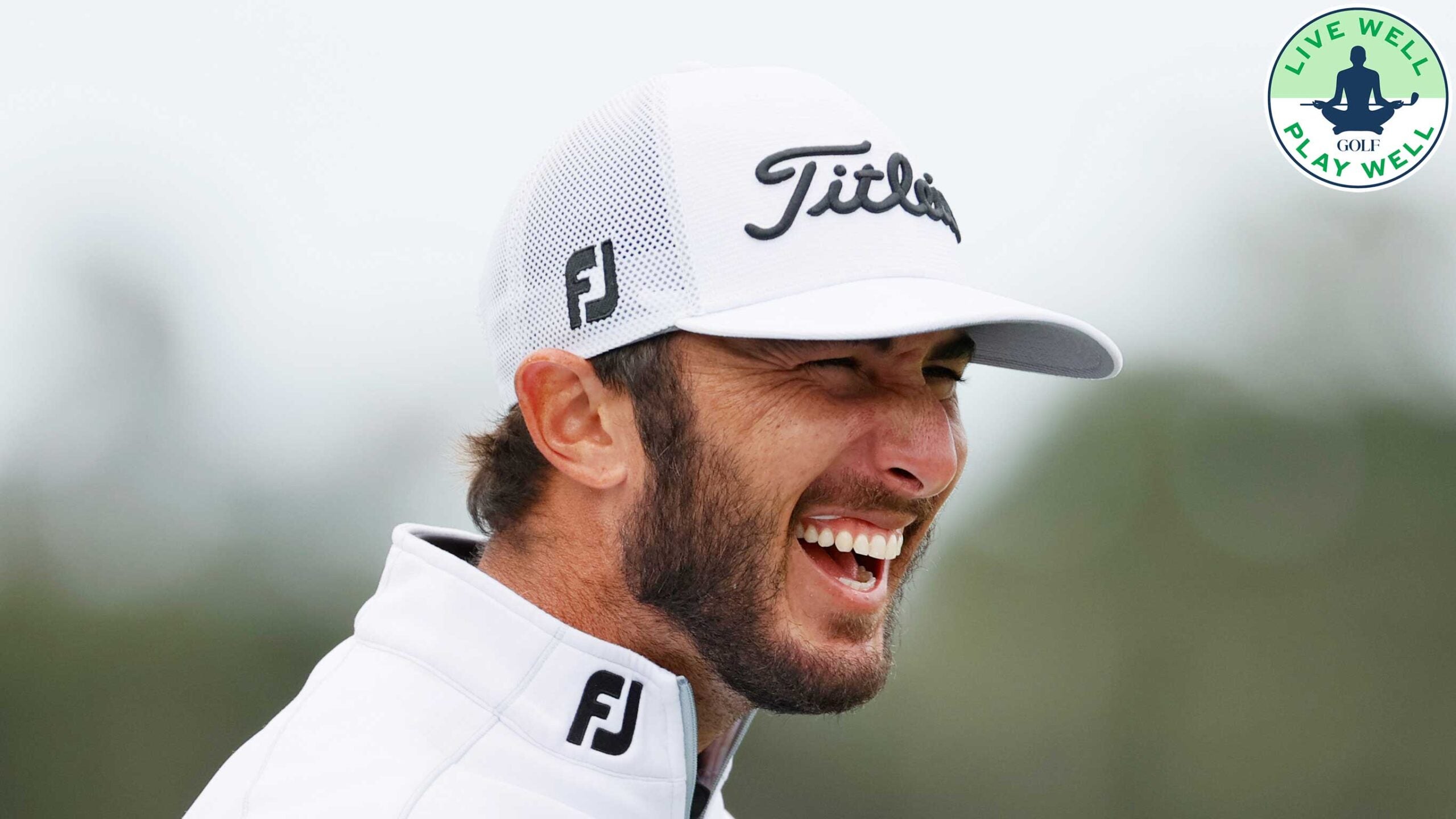
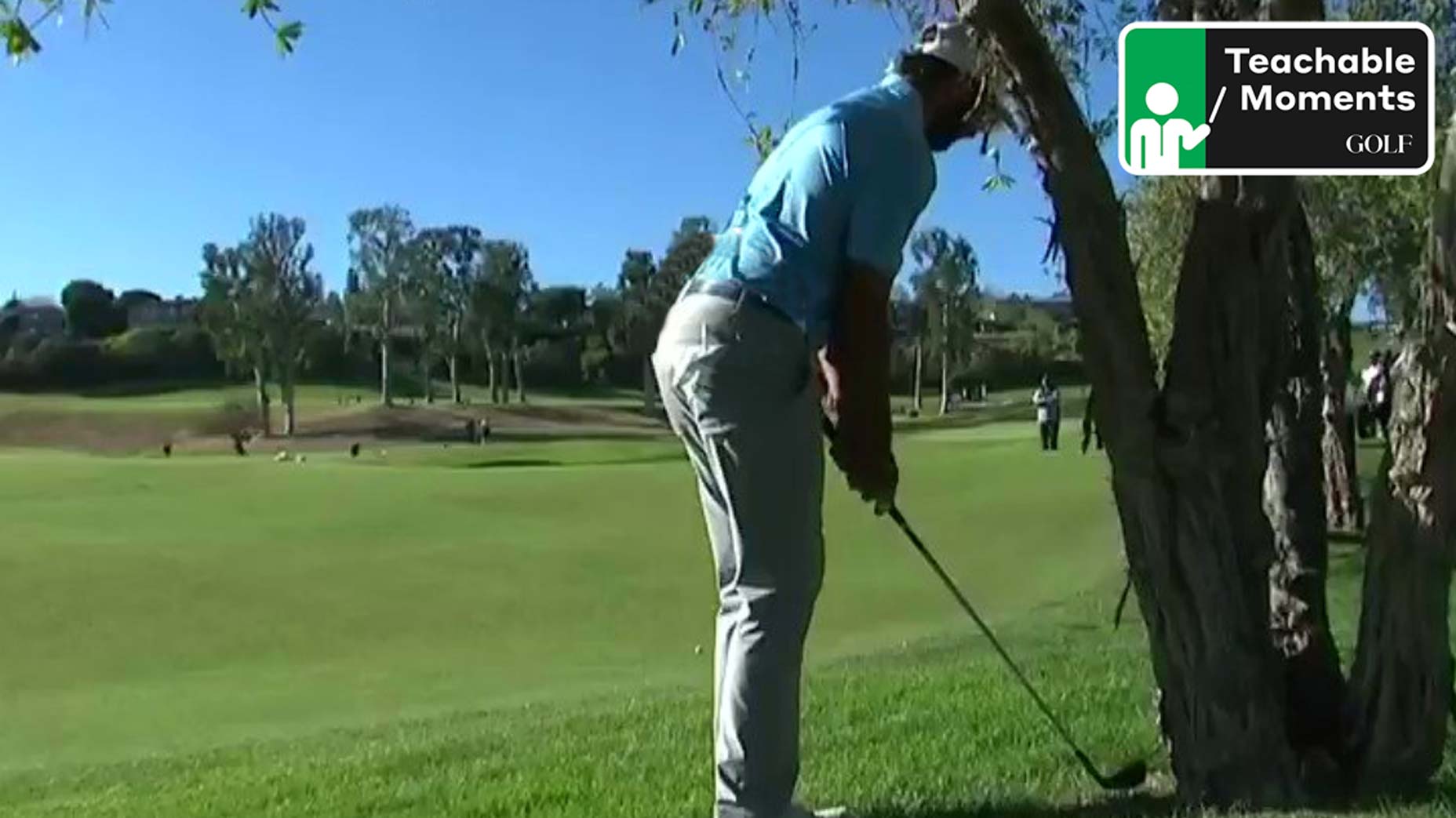
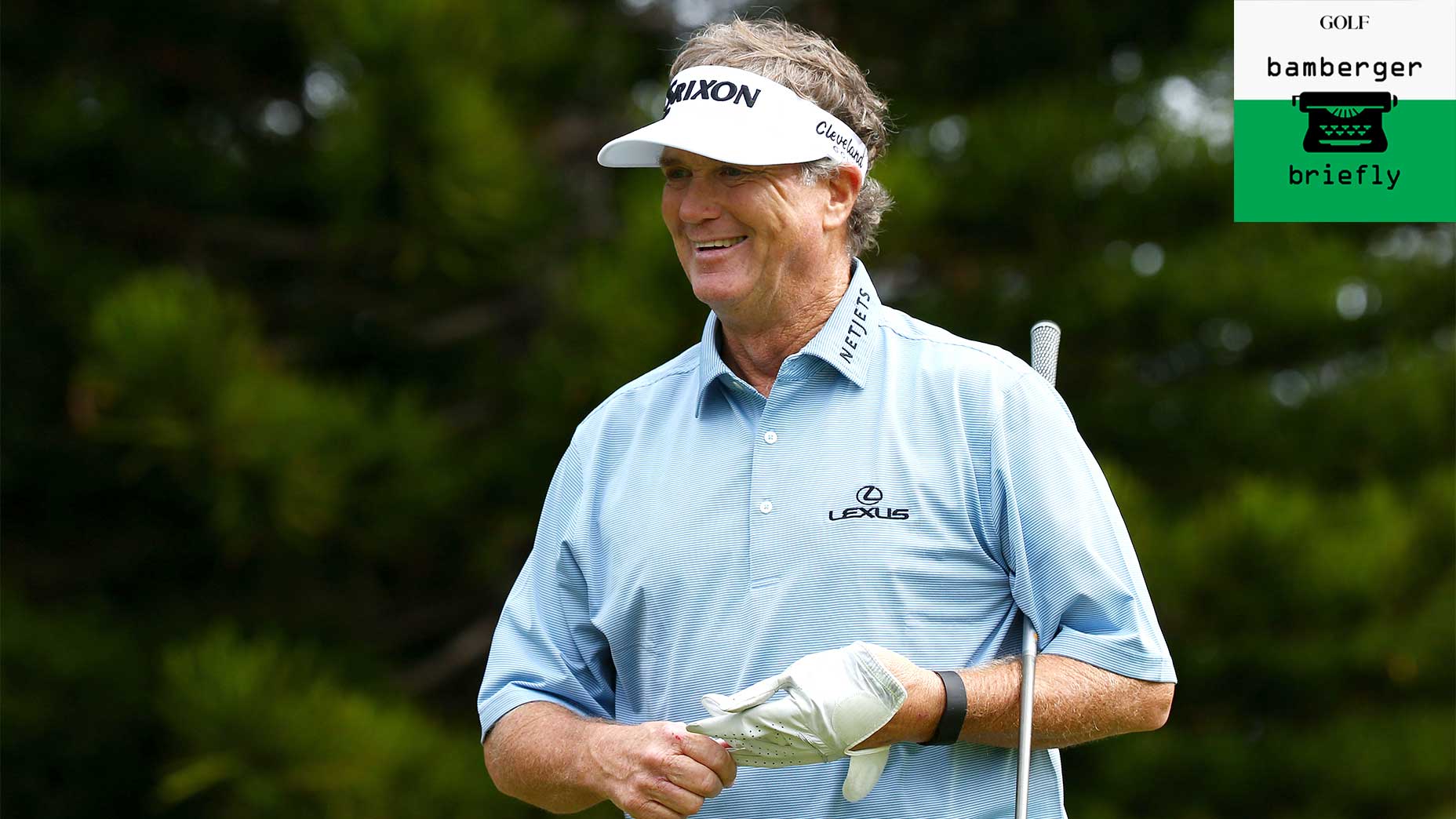
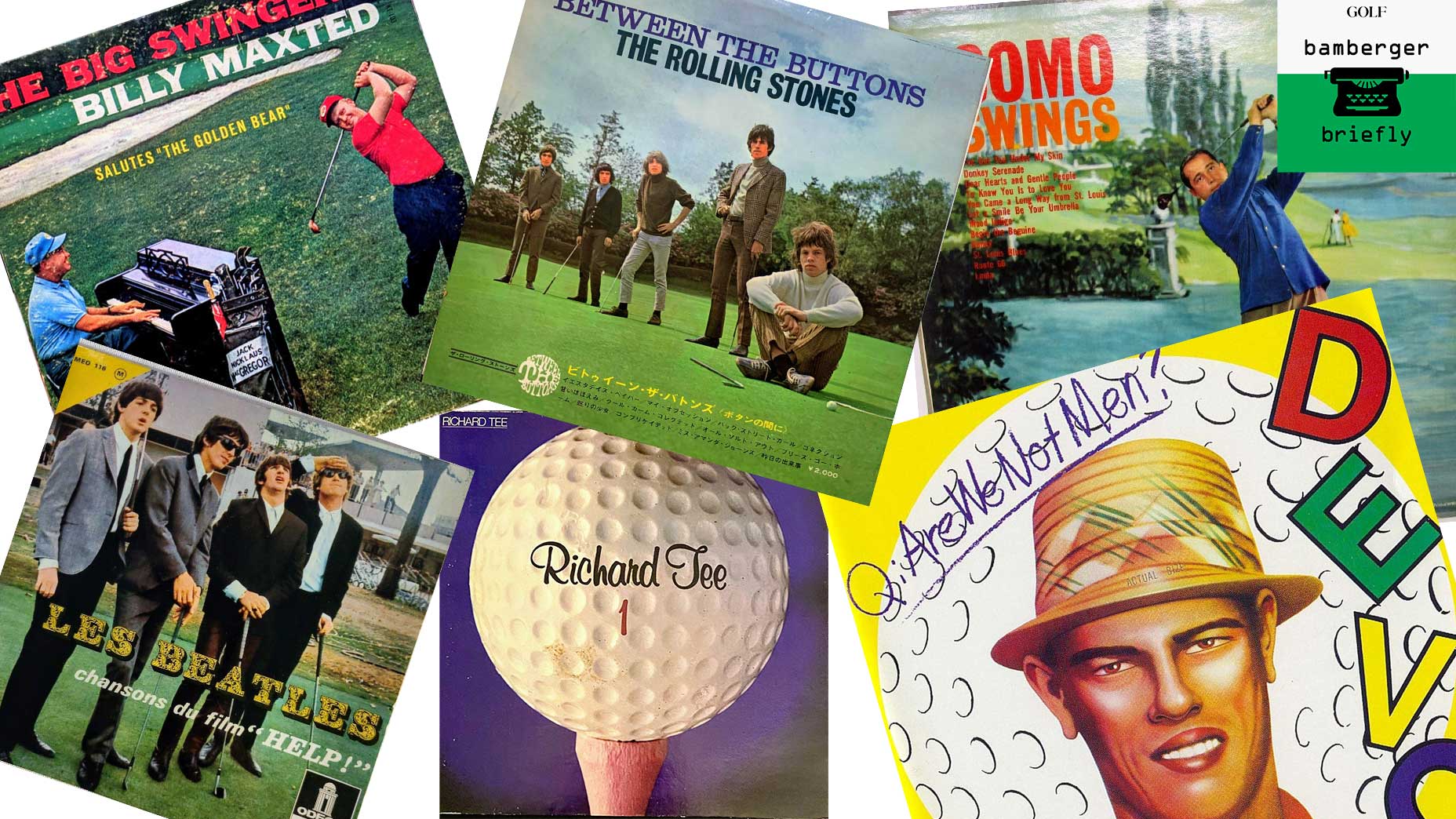
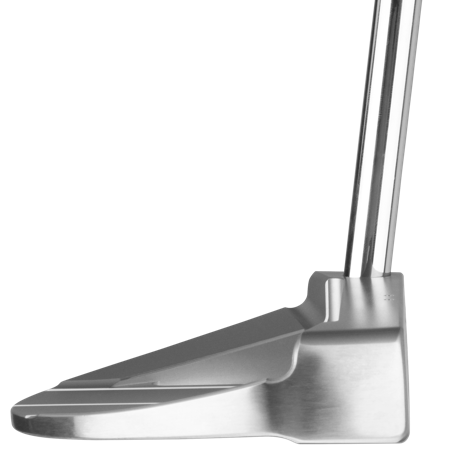















0 Response to "How golfers are like actors, according to Max Homa's acting-coach... - Golf.com"
Post a Comment